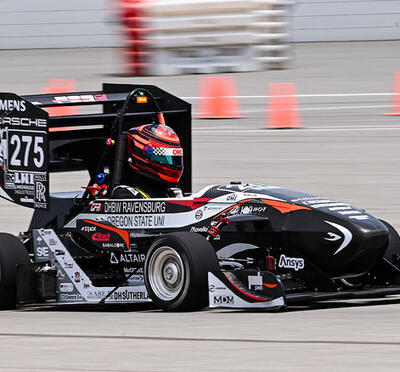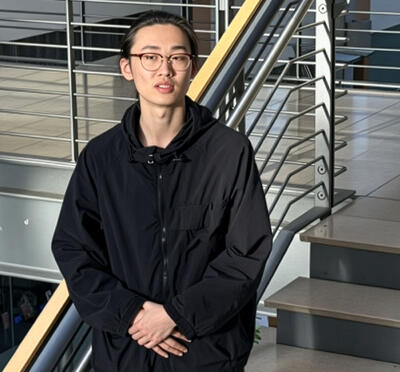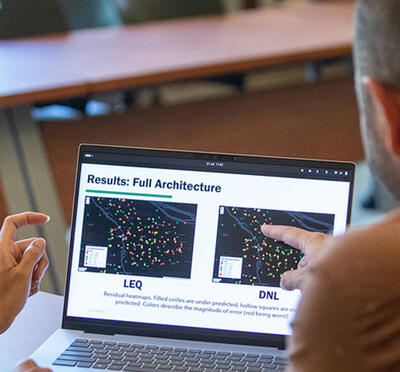Yue Cao, assistant professor of electrical and computer engineering, has received a Faculty Early Career Development, or CAREER, award from the National Science Foundation, which includes a grant of almost $500,000 over five years. Cao’s research utilizes what he calls “virtual” systems — such as water heaters and HVAC — often over-looked as alternatives to traditional energy storage.
“Storing energy is not their primary purpose, but they are tied to the grid or other energy resources,” Cao said.
Cao’s research will help create a universal equivalent circuit for multiple energy storage systems, controlled by connected power electronics. He will develop a design approach to optimally size hybrid energy storage systems, increasing their life and dependability. His idea is to modulate grid energy usage by dynamically regulating virtual energy mass.
“If I have rooftop solar panels, and a cloud blocks the sun, solar power will be reduced,” Cao explained. “Current systems use grid power to keep the air conditioner running. With an integrated energy system, however, power used by the air conditioner — the virtual resource — could be adjusted to match the reduced solar power.”
Currently, Cao’s projects involve energy storage problems, including fast charging stations for heavy-duty trucks on rural highways, electrification of locomotives, and wave energy.
[image]
Cao and Alan Fern, professor of computer science, are working with Daimler Trucks of North America to develop extremely efficient and reliable power electronics and motor drive technology as well as innovative artificial intelligence-powered energy management tools for a fuel-cell heavy-duty electric truck dubbed the ‘SuperTruck 3.’ The U.S. Department of Energy awarded Daimler $26 million in November to develop the Class 8 fuel-cell truck with 600-mile range and 25,000-hour durability. Cao and Fern have been awarded$860K to work on the project




